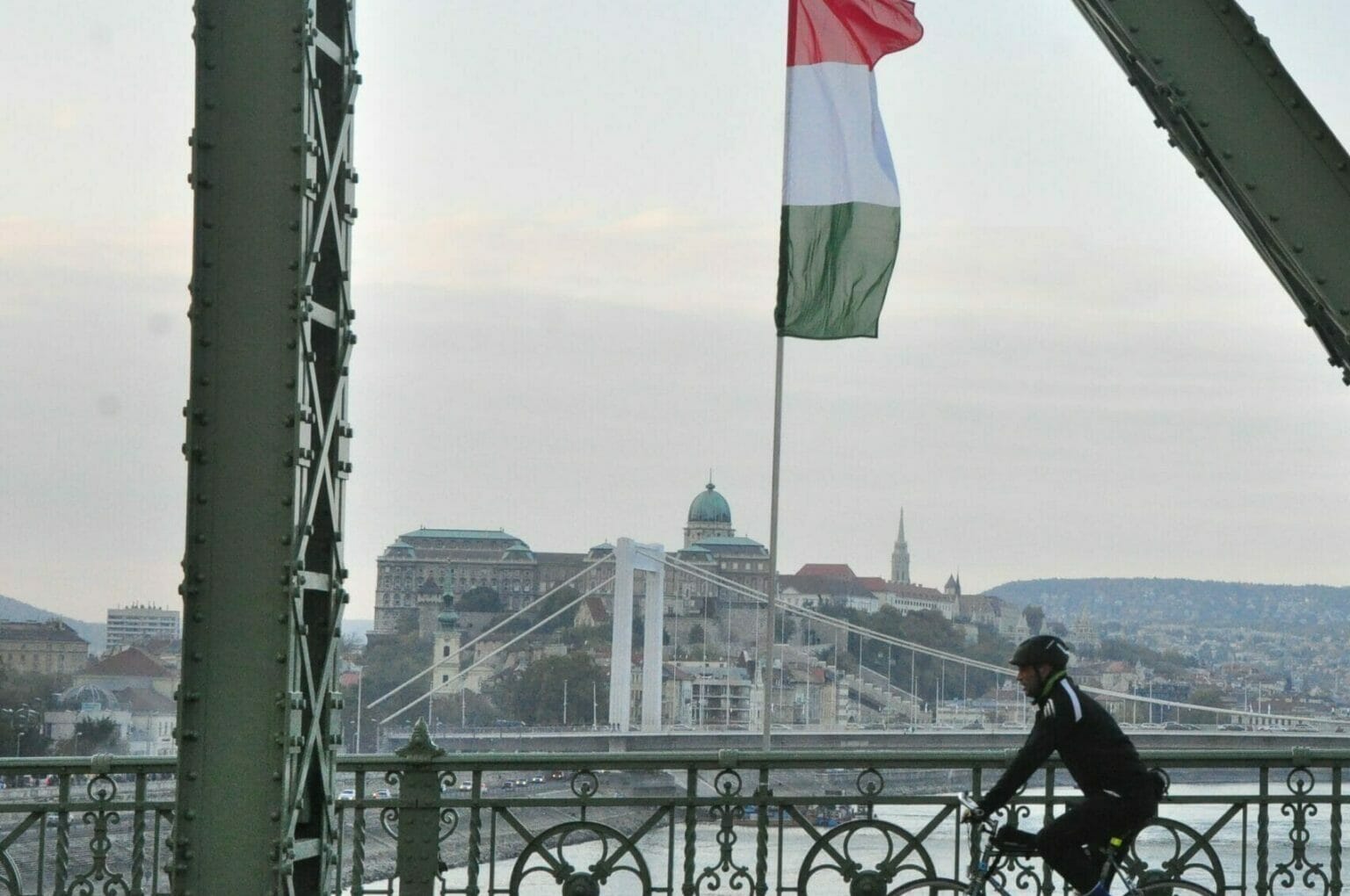Foreign Minister Peter Szijjarto opposed the EPP’s idea for “binding energy solidarity” on Thursday, media reported.
A member state of the EU has condemned a plan to share gas resources as “communism.”
The capital city of Budapest has announced that the gas that was paid for by Hungarian taxpayers would be used domestically.
It has been claimed that Hungary has lashed out at the EU over a recommendation that all natural gas stored by individual member states must be shared, in light of the rising energy crisis that the continent is currently facing.
According to reports from the media on Thursday, the Minister of Foreign Affairs, Peter Szijjarto, issued a scathing critique of the idea to implement “binding energy solidarity,” which had been put up by the European People’s Party (EPP).

“The Hungarian gas storage facilities will continue to be Hungarian property, and we will continue to use the gas that was purchased with money from Hungarian taxpayers in the Hungarian gas storage facilities.” Szijjarto is reported to have said this.
At the beginning of this month, the President of the European People’s Party, Manfred Weber, gave an interview to the German newspaper Tagesspiegel in which he stated that the European Union required “binding mechanisms on how to deal with the gas that is in the storage tanks in solidarity, so that everyone doesn’t just look at themselves.”
Szijjarto stated that the concept put forth by Weber evokes associations with communism.
Last year, Hungary entered into a contract with the energy giant Gazprom of Russia to receive natural gas through the TurkStream pipeline as well as other gas pipelines in southeast Europe. The arrangement is for a period of 15 years.
The sanctions that have been placed on Russia are largely to blame for the current energy crisis that the continent is experiencing.
The limits led to a significant decrease in the quantity of gas exported from Russia to Germany, which, in turn, resulted in an increase in the price of gas and prompted fears of a catastrophic crisis over the upcoming winter.
